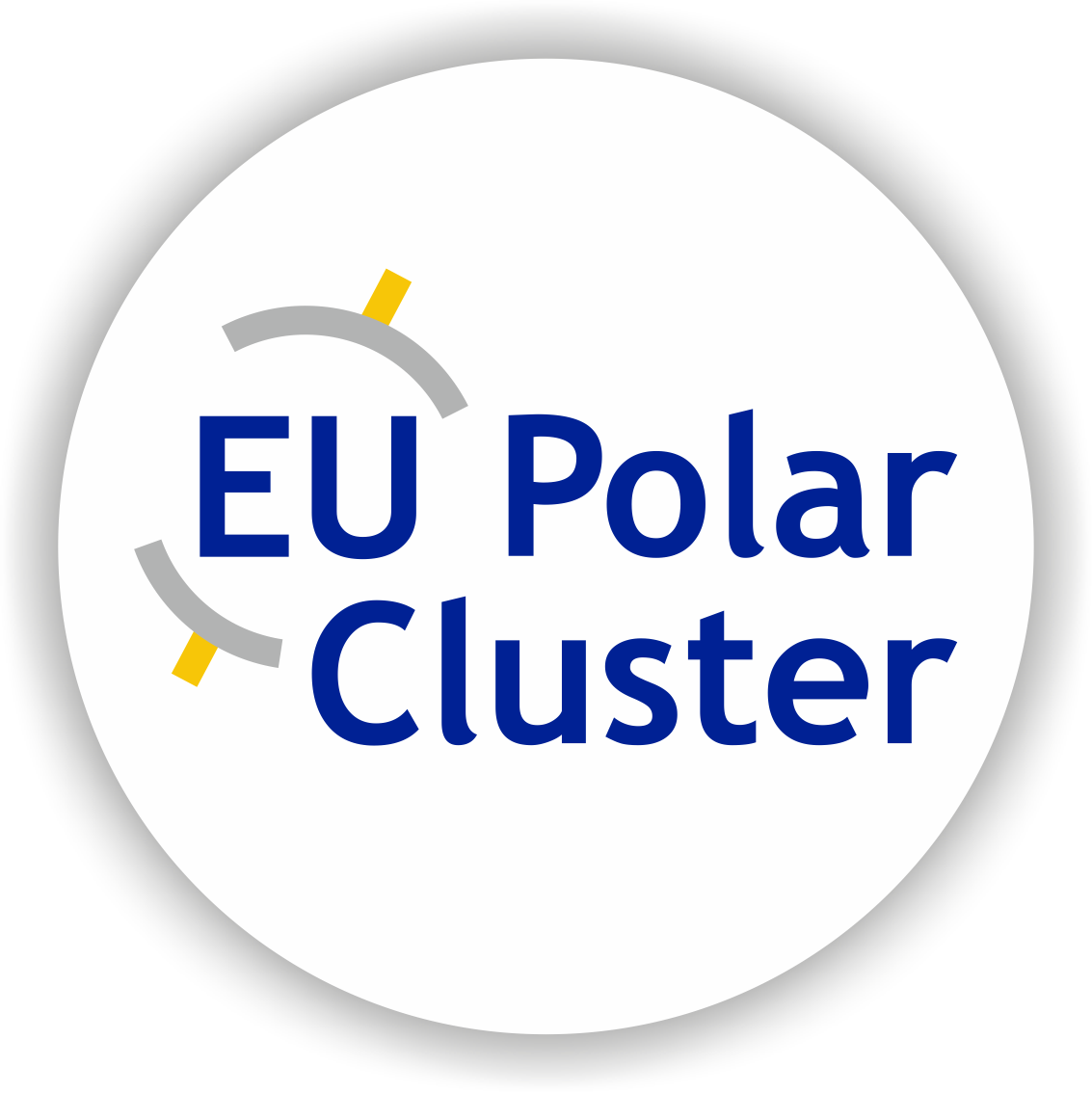With 70 people, 16 partners, and fieldwork locations in three different countries in the Arctic region, ICEBERG is as massive as the icebergs that inspired its name. The size brings unique challenges, not only for collaboration but also for communication. How to communicate science in a comprehensive, engaging, and accessible way?
Science communication is an art of its own. To ensure research reaches not only other scientists but also policymakers and the broader public, communication must be both accessible and engaging. At Kaskas, we’ve been working in science communication for over a decade.
Here are some of the key principles we follow:
- Use clear and understandable language, avoiding jargon.
- Always consider your audience and tailor your message accordingly.
- Let visuals—like images, videos, and illustrations—do the heavy lifting when words fall short.
- Communicate on platforms where your audience is active, whether that’s websites, social media, or traditional media.
- Engage policymakers to maximize societal impact.
- Prioritize accessibility and interaction, ensuring you include those directly affected by the research.
Collaboration across borders, languanges and disciplines
Simplifying complex research is always a challenge, especially when the science itself resists being condensed into neat, digestible messages. In ICEBERG, the team includes researchers and professionals from various countries, organizations, and scientific fields. There are universities, research institutions, and us at Kaskas as a communications partner.
Each participant brings unique ways of working and communicating. This diversity requires strong collaboration and well-organized efforts to ensure unified and effective messaging.
The research focuses on the Arctic—more specifically Greenland, Iceland, and Svalbard. While some of us are on-site year-round, most are not. Fieldwork plays a critical role in our research, and local residents and Indigenous communities are essential partners for its success.
Collaboration is also a cornerstone of effective communication. For example, ICEBERG’s social media channels are used not only by the communications team but also by other project members. Researchers directly share updates from the field both to our social media and our website.
The diversity of the project team and research sites adds another layer to communication, with languages ranging from Finnish to Polish, from French to Icelandic and Greenlandic. While English is the project’s common language, we want to communicate in local languages whenever possible. Our goal is to ensure locals can actively participate in the research rather than simply being its subjects.
Communication is a marathon
ICEBERG is now a year old. There are still years of research, samples, fieldwork, and communication ahead. In this first year, we’ve laid the foundation for communication: building the website, establishing social media channels, and designing and producing content for our platforms and newsletters.
Through blogs and profiles, we regularly share updates about the work being done in ICEBERG and the people behind it. Our aim is to communicate openly about why the project matters and what inspires us to be part of it.
We regularly meet to discuss what’s happening across this expansive project and consider how to share it with you. What impacts do pollutants and microplastics have on the environment or local communities? When can we talk about influencing policy? How many drone flights have local schoolchildren conducted using our equipment, or what environmental observations have already been added to the Community Monitoring Platform.
Strategic communication is often said to be more of a marathon than a sprint. In a long-term research project like ICEBERG, communication also requires a long-term perspective. As the research progresses, we’ll have more to share — and more opportunities to figure out how to share it in the most engaging, understandable, and impactful way possible.
Marika Ahonen
Team Lead, WP5 Communication, Dissemination, Exploitation & Outreach
Stay tuned for more updates
To stay tuned on ICEBERG, follow us on social media and subscribe to our newsletter to get the updates to your own email.
Find ICEBERG on:



